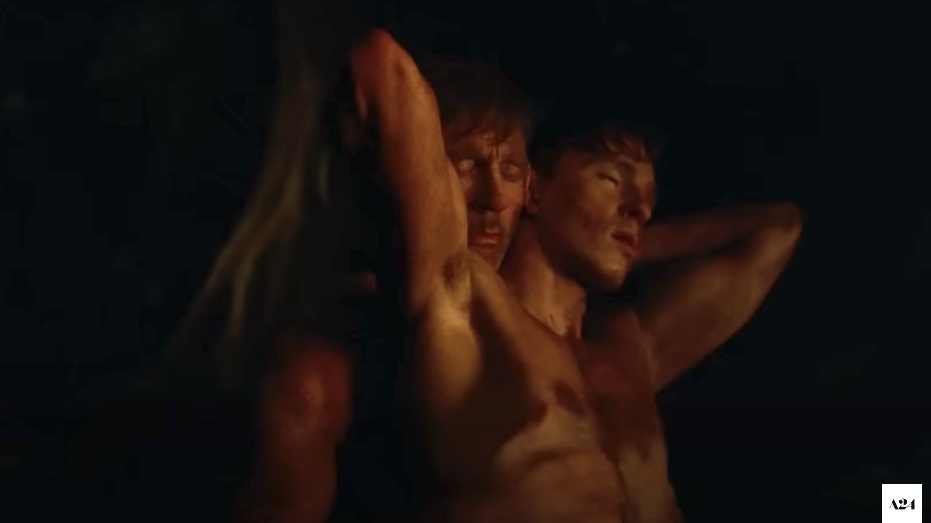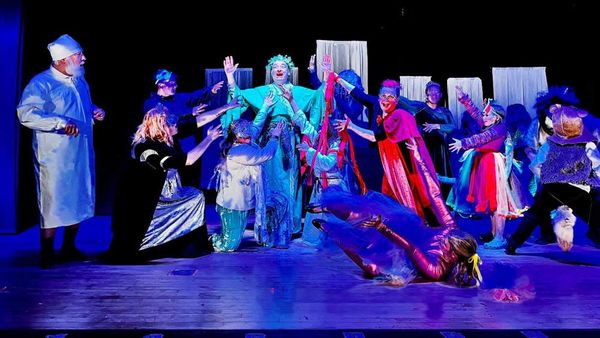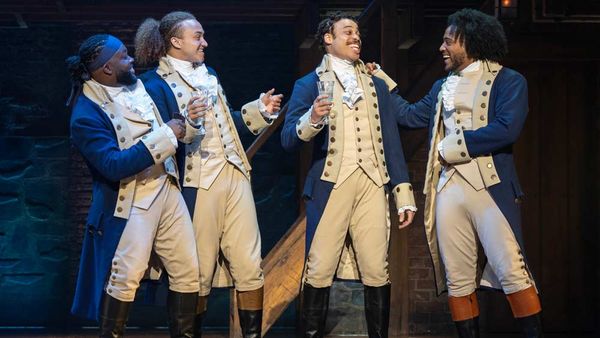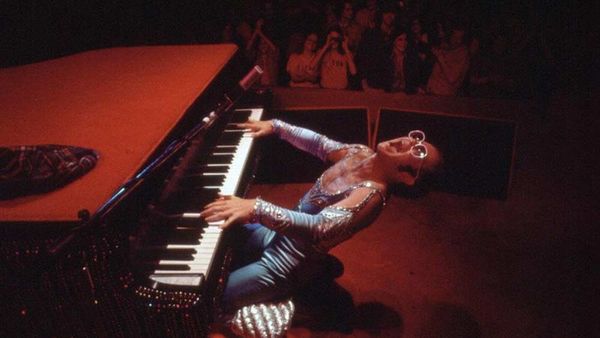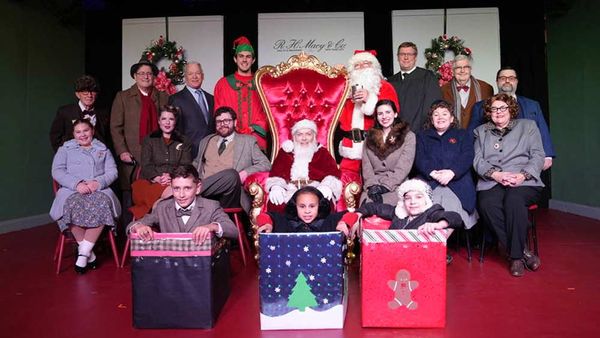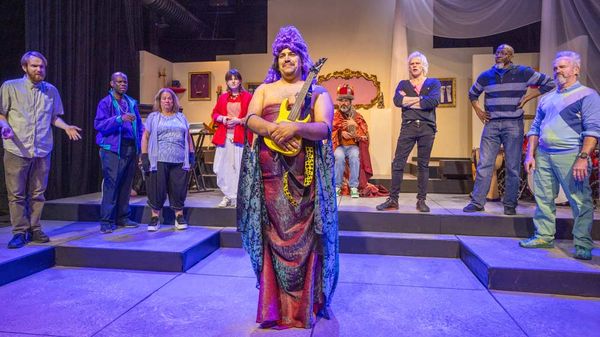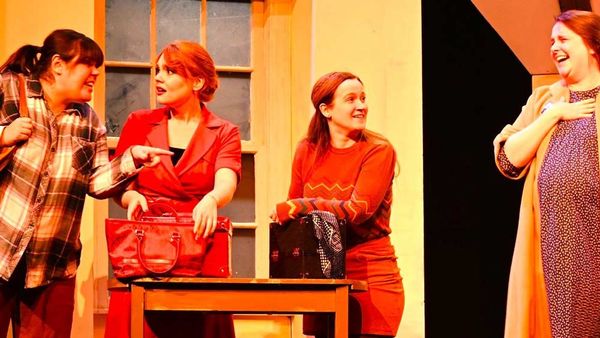
July 24, 2023
Review: 'Kokomo City' Centers the Black Trans Experience
Kilian Melloy READ TIME: 3 MIN.
D. Smith, a former music producer with two Grammy nominations to her credit, brings four Black transgender women – and some of the men who love them – front and center in "Kokomo City."
Smith's quartet of interviewees – Daniella Carter and Dominique Silver from New York City, and Koko da Doll and Liyah Mitchell from Decatur, Georgia – open up about their lives, their experiences as sex workers, and the discriminatory treatment they face from the Black community as well as the wider American culture. Tragically, Koko da Doll (her name has nothing to do with the film's title) was murdered last April, after the interviews had been filmed. Her death is a crime that underscores what the women in this documentary are talking about. They turned to sex work as a matter of survival, but both the job and the simple fact of who they are puts them at risk of violence and death from men.
But not – as one of the women notes – before the men get off. Violence, she tells us, arrives only after the perpetrators have an orgasm; that in itself speaks to the nature of the crime. The violence rises from internalized homophobia that leaves men feeling "their masculinity is threatened."
It's a deeply troubling paradox, as well as a too-often deadly one.
Liyah, from Decature, Georgia, tells Smith's camera that her clients are often the same tough, macho guys that "you would never think" would seek out transgender women for sex. Koko da Doll, also from Decatur, discloses that she is a top, and notes that her clients like both "big dicks" and "titties."
Here too, though, the picture is complicated. One of the men Smith interviews – hip-hop songwriter LØ, who refers to himself as being "trans-attracted" – talks about being in an online relationship with a woman he deems "Beyoncé fine," but, he adds, they have never met in real life – and they won't, until she has vaginoplasty; he explains he doesn't want a penis "poking at me." He can't explain the attraction, and seems not to need to; "I'm just admitting to an attraction," he says.
The doc's interviewees point out that they are providing a service as well as earning money for survival, as well as to pay for gender confirmation treatments. "I feel like when they are around us, they can release themselves and be who they really want to be," Liyah says of clients who otherwise put on a hypermasculine front. They also find plenty of humor in the circumstances around their lives, along with irony that Black men seen as "successful" are forced to seek the sort of companionship they long for outside of marriages to cisgender women who don't have a clue about what's really going on.
To judge from the current onslaught of hostile legislation targeting transgender Americans – especially youth – much of mainstream (cisgender, heterosexual) America is equally clueless when it comes to the realities of transgender lives, particularly Black trans women, who suffer the brunt of male rage and violence. Shot in raw, gorgeous black-and-white, Smith's film is a corrective to ignorance, even while refusing to sugarcoat its subject matter.
"We are always existing around systems of who we should be for someone else," one of Smith's interviewees notes, talking about race as much as sexuality. It's a perspicacious comment in a film that's as full of socially aware wit and unvarnished political insight as it is of frank sexual discourse. For anyone willing to listen, "Kokomo City" offers a first-hand, authoritative perspective that you're not going to get from either mainstream nor niche, opinion-driven media.
The "Kokomo City" title is a reference to Blues musician Kokomo Arnold (1901 - 1968), whose song "Sissy Boy Blues" is heard in this film. It's a perfect choice, illustrating that, contrary to popular claims, transgender people are nothing new: They've been part of society, and the social-sexual fabric of the culture, forever.
"Kokomo City" plays in theaters starting July 28.
Kilian Melloy serves as EDGE Media Network's Associate Arts Editor and Staff Contributor. His professional memberships include the National Lesbian & Gay Journalists Association, the Boston Online Film Critics Association, The Gay and Lesbian Entertainment Critics Association, and the Boston Theater Critics Association's Elliot Norton Awards Committee.
